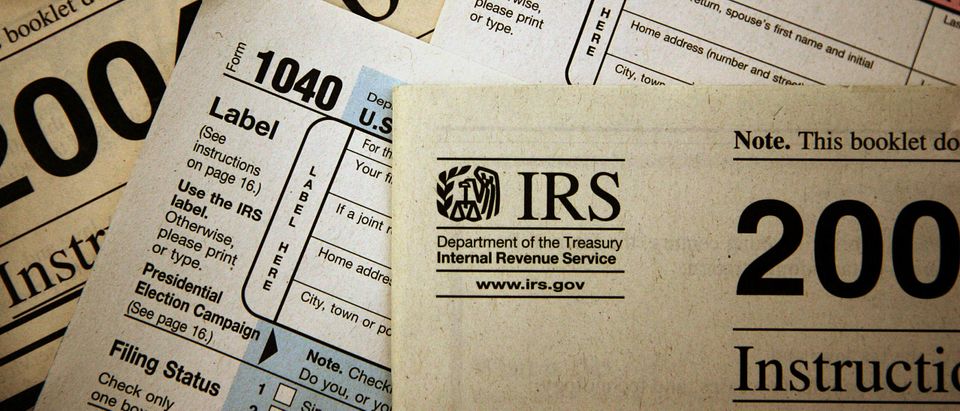If you’ve managed to have the IRS accept your tax return and issue you a refund, consider yourself fortunate. Other taxpayers haven’t been as lucky, and it’s costing them — and you! — money.
I warned back in February that this would be a rough tax season. At that point, the IRS was dealing with a backlog of several million unprocessed returns, chronic failures to respond to taxpayer correspondence and confusion brought on by the advance Child Tax Credit — confusion that the IRS only exacerbated by sending many taxpayers the wrong information about how much money that had received from the credit.
So it is hardly a surprise that a recent report by the Government Accountability Office (GAO), the independent government watchdog, found much to be desired in the IRS’s operations. As of the end of April, the IRS still had 9.6 million unprocessed returns, including some dating back to tax year 2020. Taxpayers also reported frustration with the IRS’s “Where’s My Refund” feature, which provides information on their refund’s status but does not explain why a refund is delayed.
But the report also showed that the IRS’s failures are costing taxpayers more than just their time and mental well-being. That’s because the IRS is required by law to pay taxpayers interest on returns that are delayed beyond 45 days. Given the sheer number of returns that the IRS is behind on, that can add up.
For tax year 2021, GAO found that the IRS paid out $3.3 billion in interest payments to taxpayers. That’s nearly three times as much as the IRS paid out four years previously.
Put another way, the average tax payment of the top 50% of taxpayers (who paid 97% of all taxes as per the last IRS data) was $20,645. To pay for $3.3 billion in interest payments, it would take the full tax bill of 160,000 similar taxpayers.
Unfortunately, you and your 160,000 friends can’t even take heart in the fact that your tax bill went to your fellow taxpayers. Even for taxpayers who “benefited” from these interest payments, they’d probably be much better off if they had just received their refund on time.
That’s true in a pure financial sense, as the IRS is currently paying four percent interest on delayed refunds — up from three percent in Q1 of this year. Meanwhile, inflation has been running at least a percentage point higher than 4 percent since May of last year, and is currently hovering around eight percent. In other words, even though the IRS is paying taxpayers for the short-term loan they involuntarily provided, they’re still losing money.
There’s also the “involuntary” nature of the loan to consider. While tax experts routinely urge taxpayers not to rely on a large tax return, the truth is that many taxpayers count on an influx of cash around May of each year. And even for those taxpayers not living paycheck-to-paycheck, there may be more productive ways that they could be investing or spending the money stuck in the IRS’s gummed-up systems. They don’t have the option to pursue them, because they’re stuck waiting on the IRS.
The result is that the IRS’s failure to issue refunds in a timely manner is managing to cost both the taxpayers on the hook for the interest payments and the taxpayers receiving the money, when compared to an alternate reality where the IRS is capable of handling its commitments. While IRS reform remains an unsexy issue, the agency will continue costing taxpayers as long as it is allowed to continue to fail to perform its most basic obligations with no consequences.
Andrew Wilford is a policy analyst with the National Taxpayers Union Foundation, a nonprofit dedicated to tax policy research and education at all levels of government.


